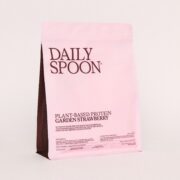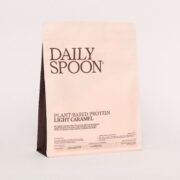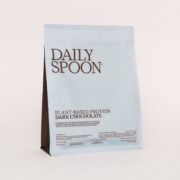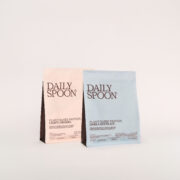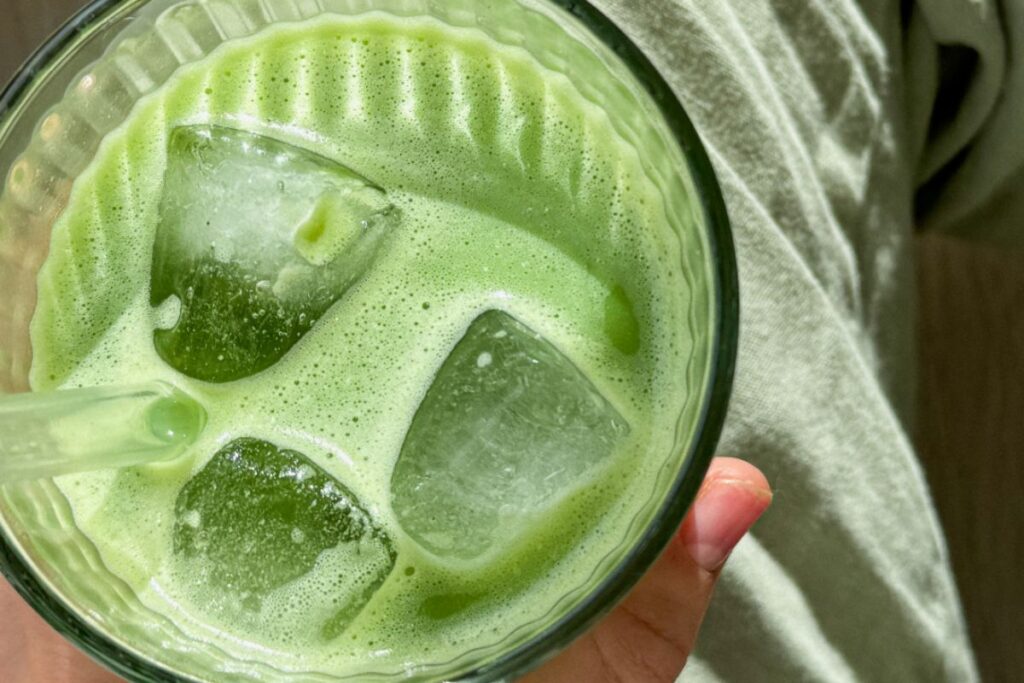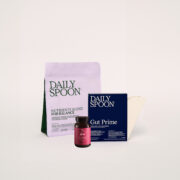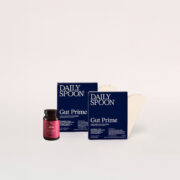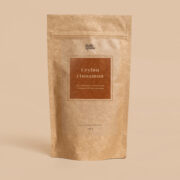Vitamins and Minerals Are Just as Vital as Air and Water. They not only keep the body healthy and functioning but also protect it from various diseases. Self-diagnosis and self-treatment often do more harm than good. The same applies to dietary supplements you decide to take on your own because a close person, friend, or a famous person recommended them. Avoid trying to determine your own deficiencies. Also, don’t expect to eat poorly and compensate by taking supplements. Nutrition is one of the most important components for maintaining a healthy body and overall well-being.
Consultation with a Doctor and Tests Are Essential
Most people start taking various supplements seasonally or when they feel the need. This approach is not ideal. Necessary supplements should be recommended only by a doctor who monitors your health and understands your condition well. Deficiencies in certain vitamins, minerals, or other substances can only be confirmed through blood tests, and symptoms you experience may not always indicate the vitamin deficiency you suspect. For example, frequent leg cramps don’t necessarily mean you should rush to take magnesium supplements—there might be another cause.
Also, when a new or trending supplement appears, and you see many advertisements or people using it, human curiosity might push you to try it yourself. Although many over-the-counter supplements are not very concentrated, it’s better not to start taking them without consulting a specialist, because excessive intake of certain vitamins or minerals can cause significant long-term problems.
Supplements Are Not Food Substitutes
We often hear this statement, and it’s true—they cannot provide all the necessary nutrients that fruits, vegetables, dairy, meat, and grain-based products do. Why is food superior?
- Greater variety of nutrients in one product: Whole foods are complex and contain various micro- and macronutrients needed by the body, not just concentrated doses of one or two vitamins.
- Dietary fiber: Whole foods like whole grains, fruits, vegetables, and legumes provide fiber, which helps smooth digestion and lowers the risk of some diseases.
- Protective compounds: Many nutritious foods contain health-promoting chemicals like antioxidants that slow down the natural processes damaging cells and tissues.
Vitamins and Their Classification
Vitamins are organic compounds produced by plants or animals. They are a crucial part of nutrition because our bodies do not synthesize them (except for vitamin D) and must obtain them through diet.
Vitamins are divided into two categories:
- Water-soluble: These are expelled by the body if consumed in excess and not absorbed. They include B vitamins (B1, B2, B3, B5, B6, B7, B9, B12) and vitamin C.
- Fat-soluble: Excess amounts are stored in the liver and fat tissues as reserves. These include vitamins A, D, E, and K.
Popular Vitamins and Their Usage
- Vitamin D — Helps the body absorb calcium, important for bone strength and overall health. Lack of vitamin D can increase the risk of illness, bone and back pain, hair loss, and general fatigue. Although technically possible to get enough vitamin D by spending 15 minutes daily in sunlight, this can be difficult in less sunny climates. Living in northern areas with limited sun, working indoors from 9 to 5, and using sunscreen (which blocks vitamin D synthesis) makes it challenging to get enough naturally.
- Vitamin B12 — Important for red blood cell production, new cell formation, nervous system health, and energy metabolism.
- Vitamin C — An antioxidant that helps protect cells from damage by free radicals—molecules formed when the body is exposed to tobacco smoke, sunlight, X-rays, or other sources.
Minerals and Their Classification
Minerals are inorganic elements originating from rocks, soil, or water. We absorb them indirectly from the environment or from animals that have eaten plants.
Minerals are classified into two groups:
- Macrominerals (major minerals): Required in larger amounts but not necessarily more important. Examples include sodium, chloride, potassium, calcium, phosphorus, magnesium, sulfur, etc.
- Trace elements: Minerals needed in smaller amounts, such as iron, zinc, iodine, selenium, copper, manganese, fluoride, chromium, molybdenum, etc.
Popular Minerals and Their Usage
- Magnesium — One of the most important nutrients, necessary for bone health and energy production. Magnesium also helps calm the nervous system, reduce stress, improve sleep, and balance blood sugar. Many people lack magnesium due to poor diet rather than supplementation needs. To increase magnesium intake naturally, eat more pumpkin seeds, spinach, artichokes, soybeans, beans, tofu, brown rice, or nuts (especially Brazil nuts).
- Calcium — Studies show that over 40% of US residents don’t get enough calcium from their diet. This mineral is vital for bone and teeth strength.
- Zinc — Often deficient in older adults and people under high stress. Zinc supports the immune system, helps the body use carbohydrates, proteins, and fats for energy, and contributes to wound healing.
- Iron — It’s commonly recommended in supplements, but needs vary per person. Benefits of iron supplementation for those deficient include increased energy, improved brain function, and healthy red blood cell production. People who eat red meat usually get enough iron, but menstruation, puberty, or pregnancy can increase the need. Iron is crucial during rapid growth phases. Vegetarians and vegans can get sufficient iron if their diet is balanced according to recommended daily intake.
Supplements for Sports
This is a somewhat different category, mostly used not to fix health problems but to improve physical performance. Active people need more nutrients due to increased energy expenditure. However, choosing sports supplements should also involve consulting a specialist. While additional protein is generally safe for most athletes, discuss with a doctor before starting. For more specific supplements tailored to your goals, consult an expert.
The first thing many think of when hearing “sports supplements” is protein shakes. Simply put, they “feed” muscles to help them grow faster. Many available shakes online contain synthetic flavors, unclear ingredients, and additives. Our goal was to create a protein product that meets modern active people’s needs. Thanks to science and technology, we combined good taste and understandable composition into one product. Natural, vegan, plant-based protein free from synthetic flavors, emulsifiers, or gut-irritating additives—plant-based but creamy proteins.
How to use them? Try the simplest way—mix with water or almond milk. For a more nutritious option, try a caramel almond protein shake: blend a banana, a date, a glass of milk, a teaspoon of nut butter, and 2 tablespoons of Daily Spoon plant protein (only 2 tablespoons but packed with 11 beneficial ingredients). Enjoy!






